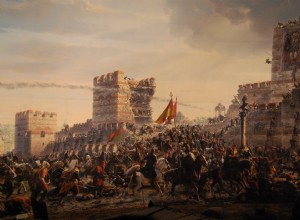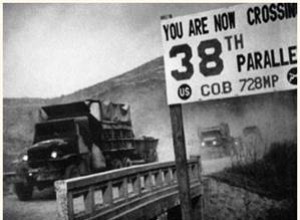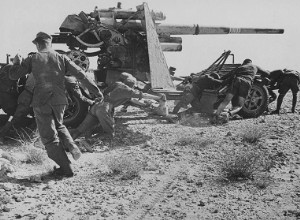The emperor is aware that at this point in the site and with so much blood spilled on both sides, both he and Mehmed , they are fighting not only for the city of Constantine, but for his Empire and for his own life. In the Ottoman camp, the advisability of continuing with a siege that has been going




